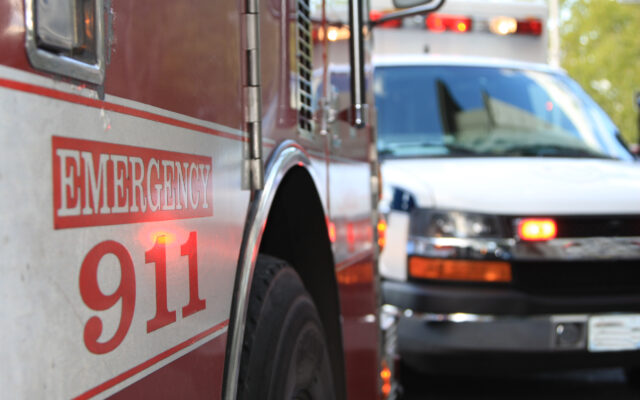Thousands of U.S. flights delayed, canceled amid massive winter storm

▶ Watch Video: Major winter storm taking aim at northern U.S.
More than 2,200 flights were delayed and canceled at airports across the U.S. on Wednesday morning as a coast-to-coast winter storm affecting most of the northern half of the country continued to track east from Washington toward New England.
Following several days of reported disruptions to air travel, which prompted major airlines like Delta and Southwest to issue weather waivers in anticipation of further scheduling issues, at least 1,109 U.S. flights were delayed and another 1,116 were canceled before 11 a.m. ET on Wednesday, according to the online tracking database FlightAware. Those numbers account for flights originally scheduled to move within, into or out of the U.S.
Along with SkyWest, Delta and Southwest are among the airlines most affected by this week’s winter storm. Each individual airline had already canceled between 231 and 239 flights by mid-morning on Wednesday, the database showed, while Southwest and Delta reported 178 and 152 delayed trips, respectively.
Other U.S.-based airlines, including United, American Airlines and Alaska Airlines, were reporting fewer cancellations — between 30 and 40 each, roughly — but logging mounting delays. According to FlightAware, 119 American Airlines flights were delayed on Wednesday morning, as were more than 90 flights operated by United.
Wednesday’s delays and cancellations were mainly concentrated at a handful of western and midwestern airports, consistent with the path of this week’s winter storm. At Minneapolis-Saint Paul International Airport, the tracking database indicated that 189 flights were canceled before 10 a.m. local time, accounting for 44% of all of the airport’s scheduled departures. Another 100 flights were canceled at Denver International Airport, accounting for 11% of all departures, and an additional 85 scheduled departures were canceled at Detroit Metro Airport, accounting for 21% of all flights, according to FlightAware.
On Twitter, Michigan Gov. Gretchen Whitmer urged the state’s residents to prepare for inclement weather.
The numbers were similar for delays and cancellations affecting flights meant to arrive at those three airports on Wednesday morning, per the tracking site, which showed 212 canceled flight into Minneapolis, or 50% of all arrivals, another 100 canceled flights into Denver, 78 more into Detroit and 53 into Milwaukee.
The latest flight disruptions came as the week’s massive storm prompted officials to enact weather alerts for 29 U.S. states — up from 22 alerts reported on Tuesday — which affects around 75 million people. As expected, the upper-level weather pattern intensified as it moved from its origin spot in the Pacific Northwest over western mountain states and toward the Midwest and Great Lakes regions between Tuesday and Wednesday.
In a bulletin issued ahead of the storm, the National Weather Service warned that the weather system would “bring numerous weather hazards and significant anomalous temperatures” stretching from Washington to Maine through Thursday. Particularly severe conditions were forecast for some midwestern states, like Minnesota, where Minneapolis remained on track Wednesday to see its second-biggest snowfall of all time. Already under about six inches of snow, officials declared snow emergencies in anticipation of double-digit snowfall around the Twin Cities, as well as strong wind gusts affecting significant portions of the Midwest.
Minneapolis Public Schools announced on Tuesday that it would close all of its buildings and transition to e-learning for all students through the end of the week, CBS Minnesota reported. All Minneapolis Public Schools sponsored programs will also be shut down for remainder of the week as a result of the storm.
Elsewhere, Salt Lake City has so far recorded more than a foot of snow, while Denver is expected to see between 2 and 4 inches on Wednesday, as forecasters anticipate wind chills well below zero degrees Fahrenheit in the Colorado city due to falling temperatures into the night. As the storm continues to track toward the Great Lakes, forecasters say Chicago and parts of Michigan could see between 1/4 inch and 1/2 inch of ice and freezing rain.



